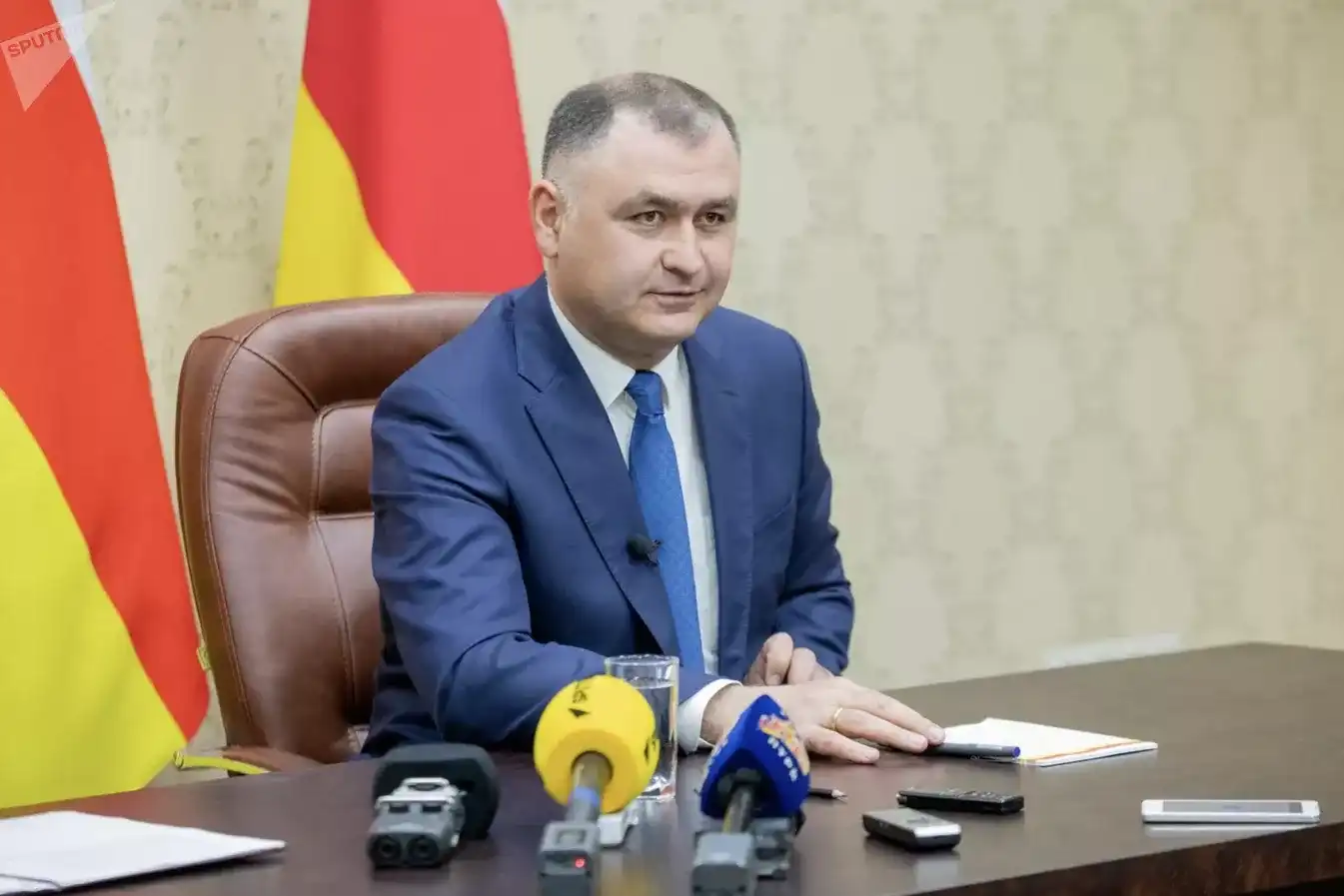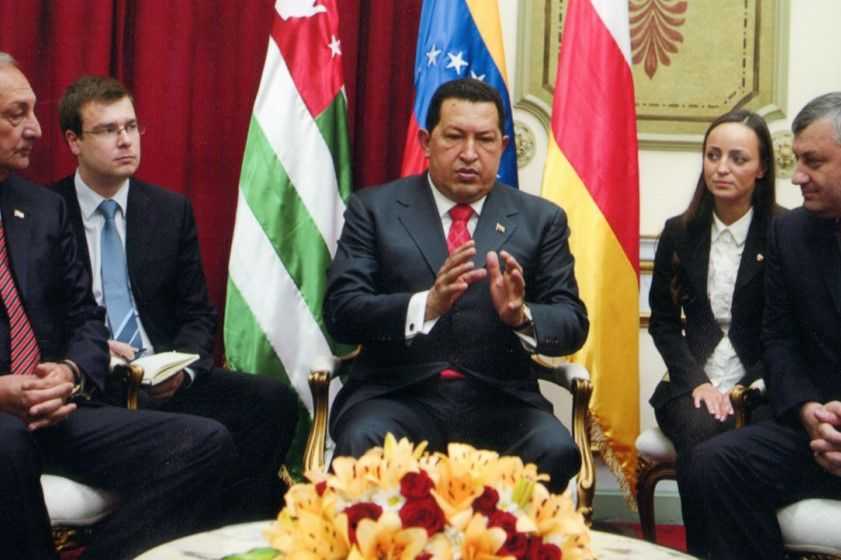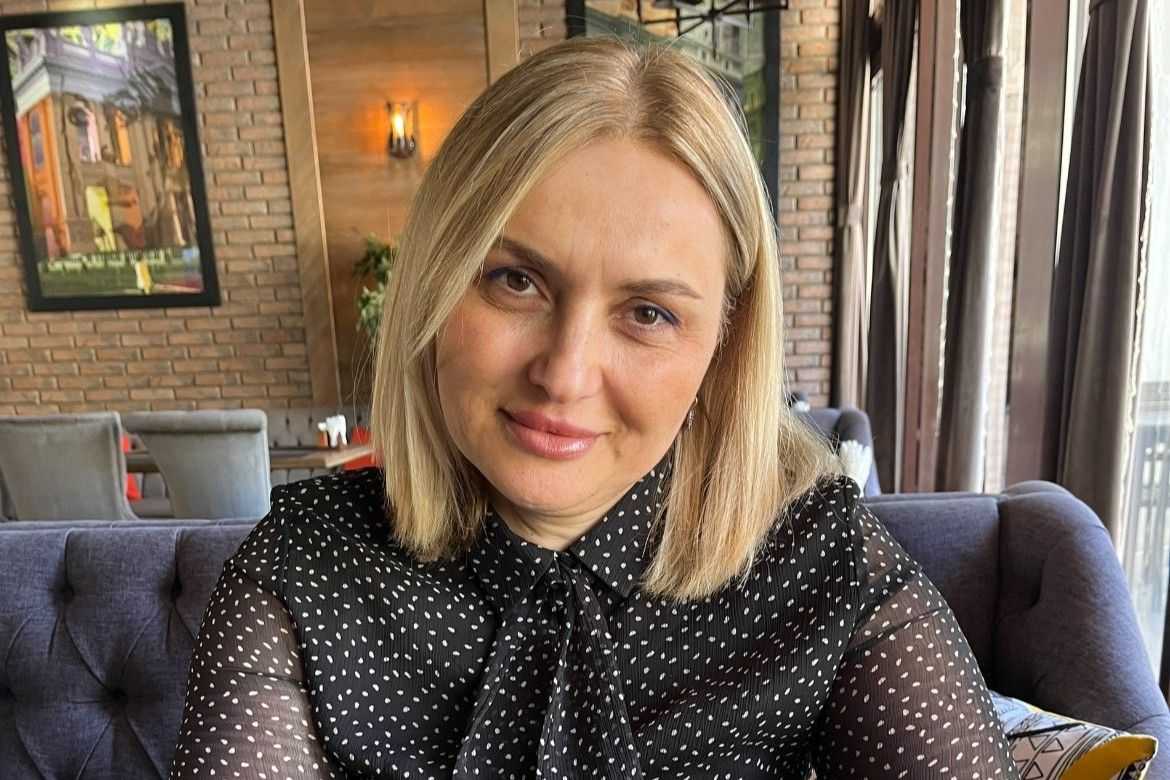Office of independent news agency closes in South Ossetia due to ‘presidential censorship’

The decision to close the offices of the Sapa Tskhinval news agency in South Ossetia's Tskhinvali (Tskhinval) was made by the general director of Sapa Media, Alina Dzhigkaeva. She emphasised that the editorial office of Sapa Tskhinval will continue its work, but without official accreditation.
Dzhigkaeva explained the reasons for the closure of the office in her personal Telegram channel. According to her, Sapa Tskhinval started its activities about a year and a half ago, seeking to become an independent source of information in the region.
‘[At a meeting with South Ossetian President Alan Gagloev] I immediately emphasised that the editorial board would not engage in politics, but would focus exclusively on socially significant events and stories. Our goal was to become a link between the authorities and society, which, in fact, is the task of real journalism’, Dzhigkayeva wrote.
According to her, she had the impression that they understood each other. However, despite the initial agreements, Sapa Tskhinvali soon encountered a number of obstacles.
From the very beginning of the work of the editorial board, according to Dzhigkaeva, problems arose: through intermediaries, reports about the dissatisfaction of the authorities with the composition of the editorial board were transmitted, and it was suggested to get rid of some journalists.
In addition, officials who gave comments to Sapa Tskhinvali journalists faced difficulties, up to and including dismissal. Eventually, official communication with the editorial office was stopped, citing a lack of accreditation.
According to Dzhigkaeva, the South Ossetian authorities expressed a desire to control the agency’s information policy through the Presidential Administration, which was ‘unacceptable to the editorial office’.
The denial of accreditation was motivated by the work of Telegram channel Sapa 15 during Gagloev’s recent hospitalisation, when the agency promptly informed the public about the state of his health — ‘the administration did not like this’, Dzhigkaeva said.
Despite the closure of the office, the editorial staff of Sapa Tskhinvali has not been disbanded and intends to continue covering events in South Ossetia without the restrictions previously imposed by agreements with the authorities.
Dzhigkaeva refused to comment further on the news to OC Media, noting that ‘everything is already written in detail in the post’.
Problems with freedom of speech in South Ossetia are not new. A few months after Russia recognised South Ossetia as independent in 2009, RFE/RL was not granted a licence to broadcast there.
In 2013, journalist Zhanna Tarkhanova pointed out that people from former president Leonid Tibilov’s inner circle determine which journalists officials can communicate with and which ones they are strictly forbidden to contact.
In 2021, South Ossetian Deputy Defence Minister Sergei Kabisov attacked North Ossetian journalist Rooslan Totrov, knocking out his tooth. He accompanied his attack with a demand that Totrov stop ‘writing untruths’ about former president Anatoly Bibilov.
In January 2025, presidential guards abducted journalist Alexander Kelekhsaev from his home and brought him to Gagloev’s house. There, the president openly expressed his displeasure with Kelekhsaev’s Facebook commentary.

For ease of reading, we choose not to use qualifiers such as ‘de facto’, ‘unrecognised’, or ‘partially recognised’ when discussing institutions or political positions within Abkhazia, Nagorno-Karabakh, and South Ossetia. This does not imply a position on their status.










